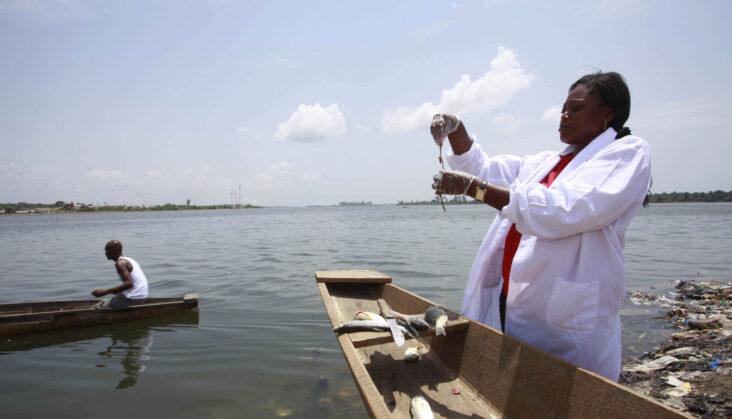Africa-Press – Mauritius. For the South African researcher Fanelwa Ngece-Ajayi, Professor of Chemistry at the University of Cape Town, the causes of this alarming trend can be traced directly to the pandemic.
Besides the structural challenges they already face, female African researchers, who represent just 31% of scientists on the continent, suffer from deteriorating working conditions, limited academic exchanges, a form of invisibilization of their contributions in the media, in addition to an increased mental load.
Even more alarming, 50% of the members of the international forum Organization for Women in Science for the Developing World (OWSD) reckon they have spent more time on domestic chores than on their research since the beginning of the pandemic. Momentum is still there
The deterioration in their working conditions, as well as in those of all women scientists around the world, including across Africa, is all the more alarming as there are almost no women among the authors of academic articles devoted to COVID-19, 90% of whom are men.
Should this situation persist, women scientists on the continent would be at great risk – in a field where publish or perish rule is the norm – and, more broadly, the quality of African research would be affected.
LISTEN Melinda Gates: the ‘Shadow Pandemic’ of violence against women Despite these alarming findings, the momentum has not been broken. We must look to the longer term to really understand the lessons of the crisis regarding the place of African women in science.
Silver lining in research For dozens of African women scientists, the current period has triggered an increase in new forms of collaboration: online workshops, distance consulting, digital training and access to open-source networks.
As in other sectors such as energy, telephony or finance, the continent’s scientific research is likely to initiate a fundamental transformation thanks to digital technology and to accelerate the continent’s fourth industrial revolution.
In Africa more than anywhere else, the rapid adoption of digital tools promises to open up new possibilities for a scientific community that has for too long been sidelined from major international research institutions.
It is by accessing these networks that African scientists will be able to make their legitimate contribution to the emergence of a more inclusive and egalitarian world.
Post-COVID era However, post-pandemic recovery will require intensified efforts to support women scientists in Africa and shine a light on their research.
For the 11th consecutive year, the Fondation L’Oréal and UNESCO are jointly awarding the Sub-Saharan Africa Young Talents Awards L’Oréal-UNESCO For Women in Science to 20 PhD students and post-doctorates female researchers.
Each one of them will receive a grant to encourage the continuation of their research. To date, 134 young female scientific talents from the continent have been supported and highlighted.
The 2020 Young Talents embodies the outstanding adaptation and resilience capacities that characterise female African researchers, especially in the current context.
Whether they work in medical and biological disciplines through research projects on malaria, COVID-19 or cancer, or explore innovative scientific areas such as climate-smart agriculture, machine learning or telecommunications, they are all keen to contribute to meeting the challenges facing Africa.
For More News And Analysis About Mauritius Follow Africa-Press







